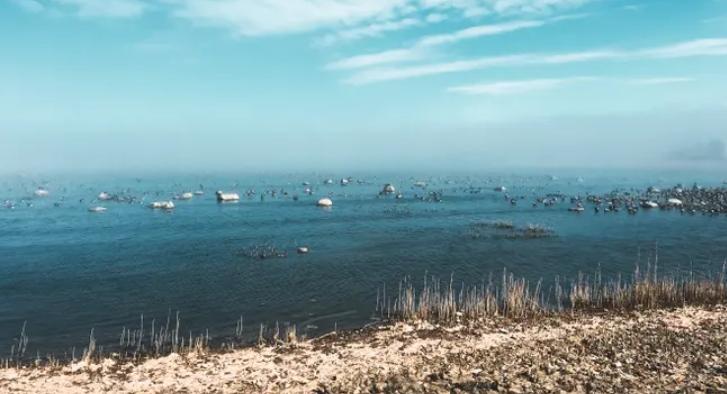At the UN Oceans Conference in Lisbon, it was decided that in order to protect the seas, it is necessary to reduce both overfishing and the amount of pollution that enters the waters.
The situation in the world’s oceans is alarming. Due to agriculture, more and more fertilizers end up in the sea, which causes acidification of sea water. The average pH of sea water is 8.2, but by the end of the century, acidity could increase by 25 percent. Acid sea water affects the number of fish, and also disrupts their spawning period.
In total, representatives of 180 countries participated in the five-day conference in Lisbon. The conference agreed that both overfishing and the amount of pollution entering the water needed to be reduced. The goals will be achieved by 2030. Antti Tooming, Deputy Chancellor of the Ministry of the Environment, attended from Estonia.
“We are expanding our marine protected areas to allow us to protect specific species and habitats. Similarly, we are improving our ability to combat pollution and marine litter,” Tooming said.
According to him, they want to create protected areas near Saaremaa. It is not yet clear where exactly, but hydrobios can recover there.
“There would be no fishing there, there would be no wind farms. It is still a calm area that produces and complements our species composition and allows marine life to live peacefully where they are not disturbed,” Tooming explained.
Aleksei Lotman, head of the marine program of the Estonian Fund for Nature, said that most of the pollution enters the sea through agricultural fertilizers.
As agricultural production increases, more fertilizers are released into seawater, which increases the acidity of the water. Lotman added that while the situation with sea water in Denmark and Germany is gradually improving, in Estonia the situation is reversed.
“We have become a good grain exporter, which is not bad in itself, but if this is done at the expense of the environment, then it’s probably not normal. Estonia, given its size, definitely cannot feed the whole world, this is absolutely clear. So it’s impossible push the gas pedal all the way, no matter what the environmental cost,” Lotman said.

